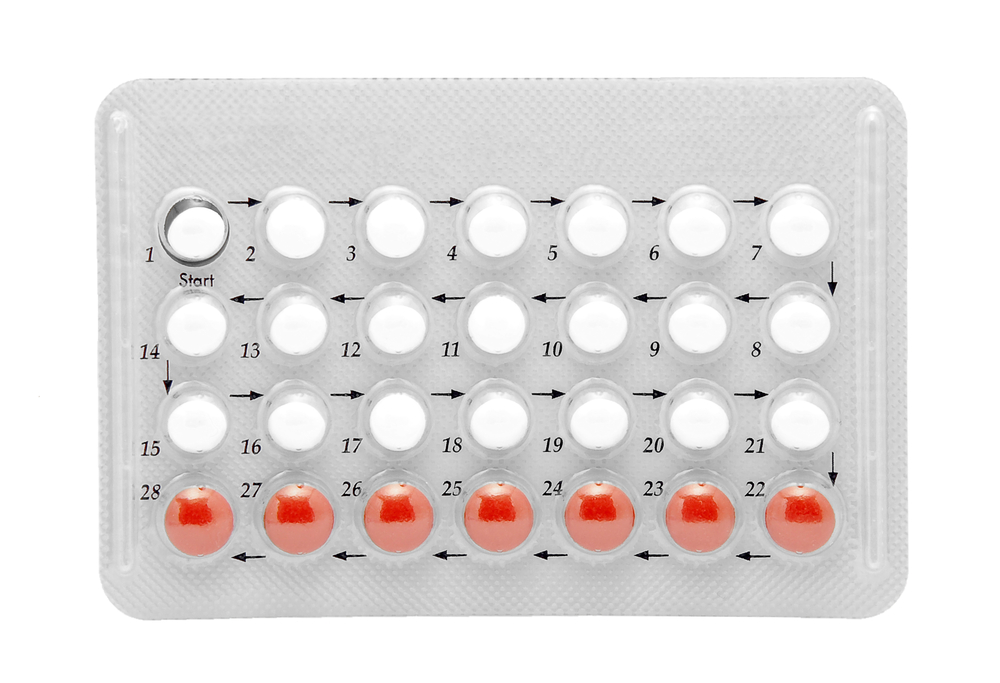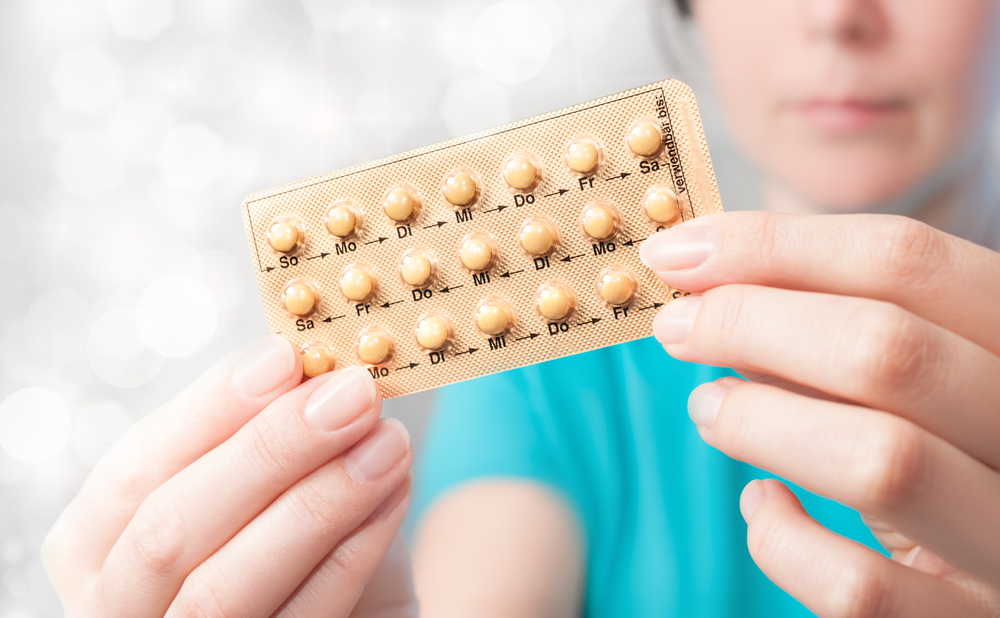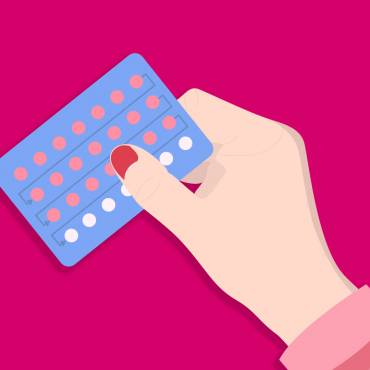Birth control pills have been in the medical industry for 50 years. The oral form of contraception is very popular and highly successful among women. Its benefits of preventing unplanned pregnancies are not hidden from any women. But that’s not all. Your physician may also prescribe these pills for reasons other than preventing pregnancy. These wonder pills are also known to have some positive effects on different aspects of your health. The pills carry progestin and synthetic estrogen that are considered helpful in other health conditions as well. The non-contraceptive benefits of these birth control pills are so important that many patients are looking for the pills for those reasons.
Birth Control Pills to Prevent Pregnancy
The birth control pill is an excellent means of contraception and is the most commonly used contraceptive measures worldwide. It is one of the most effective methods that women can adapt to prevent pregnancy. If you follow the instructions and use it the right way, it offers great protection against pregnancy. The method of birth control uses hormones to prevent pregnancy. The pill has the potential to change a woman’s natural hormone levels and prevent her ovaries from releasing an egg each month.

The cervix (a neck of tissue that joins the vagina and uterus) also produces thick mucus, making it harder for the sperm to enter into the uterus. The lining of the womb becomes thinner so that the fertilized egg would not stay in the uterus. There are two types of contraceptive pills:
Also Read: Protect your teenage child from binge drinking
- Combination pills- These pills contain two hormones, namely estrogen and progesterone. These are meant to be taken daily to prevent pregnancy. They act by keeping the ovaries from releasing eggs as well as prevent sperm from meeting with the egg. A combination pill is the best birth control pill used to prevent pregnancy.
- Progestin-only pills- As the name suggests, it contains only one hormone, Progestin causes the lining of the uterus to thin.
The oral contraceptive pill is the best birth control method that has been used by a large number of population all over the world.
Benefits of Birth Control Pills
There are multiple health benefits of taking the birth control pill. Young women and adolescents often prescribe birth control pills to treat menstrual cramps, irregular or absent menstrual periods, polycystic ovary syndrome, primary ovarian insufficiency, and endometriosis. The contraceptive pill reduces the risk of ovarian cysts, ovarian and uterine cancer, ectopic pregnancy, and rheumatoid arthritis. When you take birth control pills, your periods are regular and less painful. A lot of good stuff comes along with the contraceptive pills.
Here are a few benefits of birth control pills:
- The regular intake of contraceptive pill improves the problem of acne and hirsutism in women. The medicine suppresses androgens and testosterone. Abnormally high level of androgen is present in most of the women with acne vulgaris. These elevated levels of androgens in the body may cause darkening of the facial hair and body hair, especially on the abdomen, chin, and chest. The hormone present in the pills prevents the formation of acne.
- Birth control pills greatly reduce the incidence rate of menstrual cramps. When over the counter medications are failed to treat severe cramps, contraceptive pills may be the solution because they prevent ovulation and make periods lighter than ever. The heavy and irregular bleeding patterns are also improved in pill users.
- The medicine is also prescribed for the treatment of endometriosis, a health condition in which the tissue that forms the lining of the uterus is found outside the womb. Most girls with endometriosis experience pelvic pain during their menses. Contraceptive pills work by temporarily preventing periods.
- The risk of developing cysts in the ovary is greatly reduced in women using birth control pills. An ovarian cyst form in the ovary during ovulation. The medicine works by preventing the release of the egg from the ovary (ovulation). It is important to take preventive measures since the size of the ovarian cysts may increase, or even burst, and may require surgery.
- Fibrocystic changes are less common in pill users than nonusers. These changes occur when the milk-producing glands in the breasts become thick and form a non-cancerous lump, causing discomfort, and sometimes surgical interventions. Some pill users observe fullness in the breasts and mild tenderness.
- The birth control pills protect against ovarian and endometrial cancer. It is considered to be the most important health benefits of the medicine. Using the pill continuously for one year decrease the chances of occurring endometrial cancer. The risk of developing cancer of the ovary is reduced with only 3 to 6 months of use.
- Contraceptive pills have been found to reduce the risk of pelvic inflammatory disease. The regular use of pills thickens cervical mucus to prevent bacteria from entering the cervix. However, other contraceptive measures like condoms provide more effective protection against gonorrhea and chlamydia, which are common causes of pelvic inflammatory disease.
- Oral contraceptives also reduce the risk of ectopic pregnancy, which occurs when a fertilized egg develops outside the womb, often inside one of the tubes.
Also Read: Women’s Hormones & Dental Issues
These health benefits apply to women throughout their reproductive life. The birth control pills may or may not be suitable for you. If you think, it might be appropriate for you to treat any of the conditions mentioned above, be sure to discuss with your health care specialist. These benefits can have a long-term impact on the health even after discontinuation of the pill.



